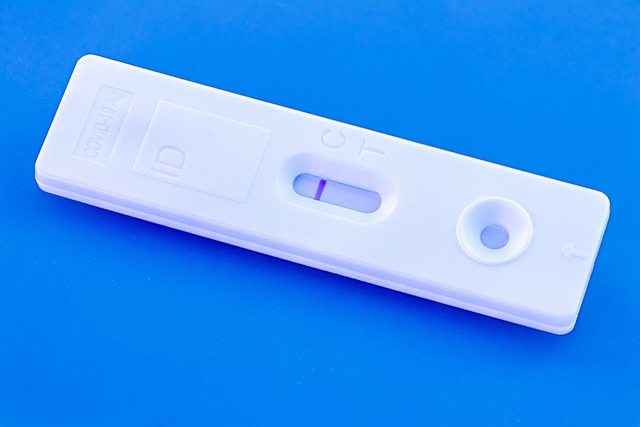Vitamin D deficiency is common in the UK, affecting older adults most severely, and raises health concerns due to its role in bone strength, immunity, mood regulation, and cancer protection. UK ferritin blood tests are an indirect way to assess Vitamin D status, as low ferritin levels often signal deficiency. Test results should be interpreted within normal ranges (25-70 ng/ml) but ideally between 50-80 ng/ml for optimal health. Consulting a healthcare professional is advised for significant deviations, leading to adjustments in diet, sun exposure, or supplementation.
In the UK, vitamin D deficiency impacts a significant portion of the population, underlining the importance of monitoring and maintaining optimal levels for overall wellness. This article explores how UK residents can harness the power of ferritin blood tests to assess their vitamin D status. By understanding the role of ferritin in vitamin D metabolism and interpreting test results accurately, individuals can make informed decisions to enhance their health. Learn how a simple UK ferritin blood test can be a game-changer for your wellness journey.
- Understanding Vitamin D Deficiency and Its Impact on Health in the UK
- The Role of Ferritin Blood Tests in Monitoring Vitamin D Levels
- How to Interpret Your Vitamin D Test Results for Optimal Wellness
Understanding Vitamin D Deficiency and Its Impact on Health in the UK
Vitamin D deficiency is a growing concern in the UK, with an estimated 1 in 5 adults and nearly all older adults having inadequate levels. This concerns health professionals as Vitamin D plays a crucial role in maintaining overall wellness. It supports bone health by aiding calcium absorption, which is essential for preventing conditions like osteoporosis. Moreover, Vitamin D boosts the immune system, regulates mood, and may even play a role in cancer prevention.
A UK ferritin blood test can help identify deficiency as low ferritin levels are often associated with reduced Vitamin D. Ferritin stores iron in the body, and its decrease suggests potential nutrient deficiencies, including Vitamin D. By addressing Vitamin D deficiency through targeted supplementation or lifestyle changes, individuals can experience improved energy levels, enhanced immune function, and a reduced risk of various health issues, contributing to overall wellness.
The Role of Ferritin Blood Tests in Monitoring Vitamin D Levels
In the quest for optimal overall wellness, monitoring Vitamin D levels is crucial. Among the various tools available, UK Ferritin Blood Tests play a significant role in this process. Ferritin, a protein that stores iron, is directly linked to Vitamin D levels as it aids in its absorption and utilization within the body. By measuring ferritin levels, healthcare professionals can gain valuable insights into an individual’s Vitamin D status, even when direct Vitamin D testing may not provide a clear picture.
This indirect approach is particularly useful because Vitamin D deficiency is common but often overlooked. Ferritin blood tests offer a complementary method to assess potential Vitamin D insufficiency, especially in individuals with low or variable sun exposure. By incorporating UK Ferritin Blood Tests into regular wellness monitoring, individuals can proactively ensure their Vitamin D levels are within optimal ranges, thereby supporting overall health and well-being.
How to Interpret Your Vitamin D Test Results for Optimal Wellness
Interpreting your Vitamin D test results is a crucial step in optimizing your overall wellness, especially if you live in the UK where ferritin blood tests are commonly used to measure vitamin D levels. A normal range for vitamin D varies between labs but generally falls between 25-70 ng/ml (nanograms per milliliter). However, optimal health may require higher levels; around 50-80 ng/ml is often considered ideal for supporting robust bone health, immune function, and mood regulation.
If your test results fall below the recommended range, it’s advisable to consult with a healthcare professional who can help determine the best course of action. This might include dietary adjustments, increased sun exposure (while practicing safe sun habits), or supplementing with vitamin D. Conversely, elevated levels could indicate potential issues like excessive sun exposure or an underlying medical condition. In such cases, your doctor may recommend further tests and lifestyle modifications to bring your levels back into the optimal range.
In light of the above discussions, it’s clear that monitoring vitamin D levels through UK ferritin blood tests is a crucial step towards achieving and maintaining overall wellness. By understanding the impact of deficiency and interpreting test results accurately, individuals can take proactive measures to enhance their health. Regular testing enables folks to navigate the path to optimal wellness, ensuring they dance with vitality rather than struggle with deficiency’s whispers.
